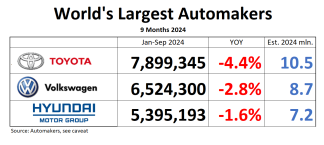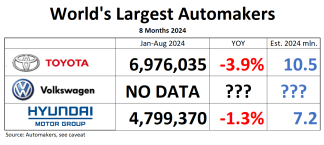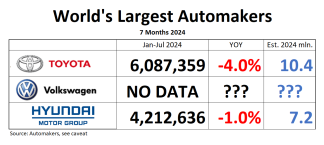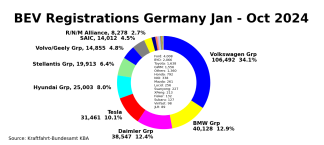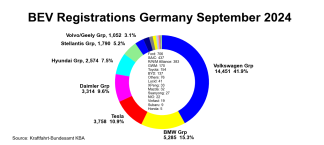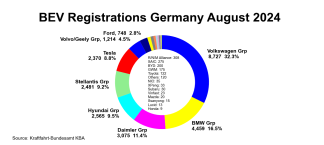When I first started writing about cars, it was for someone else’s brand. I didn’t have final cut over my work, I didn’t get to pick my own topics, and the result was that a lot of my work read a lot like it was written by my editor. At the time this was exactly what I needed: my first six months or so of blogging were basically an intensive self-education, guided by a firm mentor with a clear vision. But as I began writing more about the burgeoning auto bailout, I found myself being given more freedom to write the worlds of the car business and politics collided. Having studied Political Science in school, this created the perfect opportunity for me to study the sudden collision of politics and cars, which in turn opened my eyes to the countless ways in which cars shape our world.
My piece in today’s Bloomberg View goes back to my original take on the topic that first pulled me into the world of cars, the basis from which all my bailout-critical writing has stemmed: bailing out automakers prevents creative destruction, and robs consumers of the right to reject businesses that are unresponsive to them. One need not be a free-market fundamentalist to defend this basic function of the market system, just as one does not need to be a political hack to oppose the bailout of GM and Chrysler. Government with pretensions to democratic representation should think hard before ignoring decades of votes its constituents have cast with their wallets… after all, turnout is much higher in the marketplace than the ballot box. If they do not, they risk complicity in such tragedies as we now face with GM: young, promising lives cut down due to defects that executives appear have ignored or covered up. This would be bad enough, were GM alone responsible for this mess… but because of our fear of the basic tradeoff of the system that affords us such wealth, that failing companies must fail, we are all in some small way party to it.
There is no going back in time…. but by noting the consequences of our political actions, as a nation we can perhaps still avoid the fate that almost certainly awaits GM.

